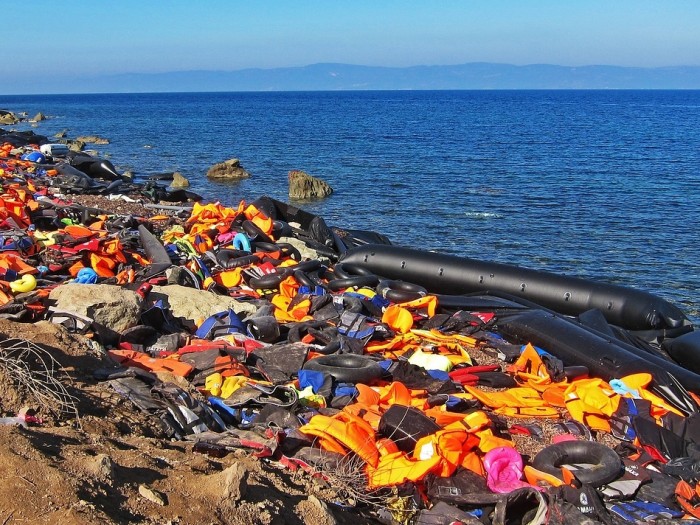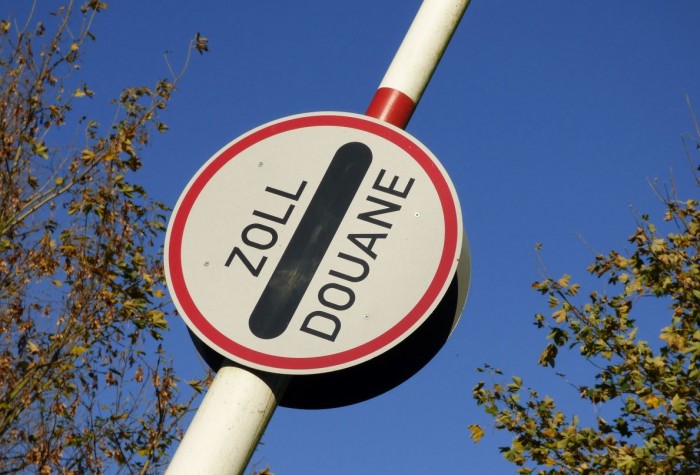Miroslava Jelacic Kojic and Gordana Grujicic of Group 484 provide an overview of international and regional standards on the possibility of obtaining permanent resident status, i.e. access to citizenship for persons who have been granted some form of international protection and a comparative overview of legislative solutions for certain European countries and the Republic of Serbia. The authors also propose solutions to establish a legal framework in Serbia that would provide legal residence to persons who have been granted asylum, or access to citizenship to those who have been granted refugee status.
According to the latest data published by EUROSTAT, during the year 2017 approximately 826,000 persons acquired the nationality of one of the EU Member States. Only about 17 percent of them were already nationals of other Member States, while most were third country nationals or did not have any nationality. In addition, during the same year, 49,590 persons were granted refugee status and 31,140 subsidiary protection. In 2018, 41,720 persons obtained a refugee status, while 38,420 persons were granted subsidiary protection. In order to ensure the greatest possible level of integration and naturalisation of refugees, several EU Member States amended their national legislation regulating citizenship requirements and procedures by reducing the required period of legal residence and/or administrative costs of the procedure, and by eliminating the obligation to renounce the citizenship of the country of origin.
Since the beginning of the implementation of the first Law on Asylum in 2008 and including the period that ended in June 2019, the Republic of Serbia has granted 68 refugee statuses and 88 subsidiary protections.4 With increasing number of positive decisions in asylum procedures and as part of a wider integration process, the issues of regulating permanent residence of persons who have been granted asylum and the naturalisation of refugees are becoming increasingly relevant. According to the currently applicable provisions, persons who have been granted asylum are not allowed access to the procedure for obtaining permanent residence, while the right of naturalisation is guaranteed at a declarative level, but without any stronghold in the provisions that prescribe the procedure, i.e. more closely define the requirements for citizenship.
The aim of this document is to provide a summary overview of international and regional standards, with particular reference to those that are defined under EU auspices in terms of the possibility of obtaining permanent residence status, i.e. access to citizenship, for persons who have been granted some form of international protection. It also provides a comparative overview of legislative solutions from certain European countries, as well as an overview of the currently applicable positive regulations of the Republic of Serbia. Finally, the document also offers proposals for improving the legislative framework so that - guided by its own internationally assumed commitments as well as the EU standards - Serbia can establish a legal framework that would provide legal residence to persons who have been granted asylum, or access to citizenship to those who have been granted refugee status.
Read the policy paper in full.
The Action is supported by the European Union through the program “Civil Society Facility” under the Instrument for Pre-Accession Assistance (IPA). The contents of the Report are the sole responsibility of the publisher and views expressed in this document are not necessarily those of the European Union.



